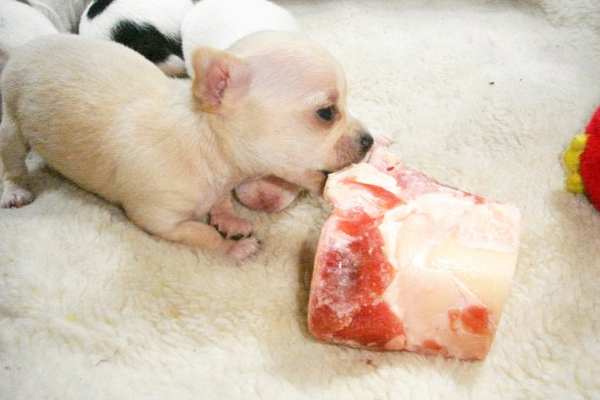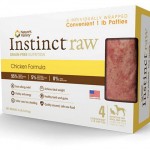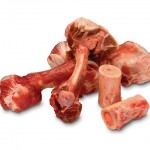By Robert Mueller
I would guess that very few people are aware of the connection between good dental health and the benefits it provides for good cardiovascular health.
Pets that are in the infant stage of 2 to 6 weeks start teething issues when their deciduous teeth erupt through the gums, giving rise to pain and inflammation. It is at this time when the “naughty puppy” stage begins, and they will chew on whatever they can find to relieve the pain.
It is my recommendation that you give your puppy a raw meaty bone to chew on. It not only provides a more effective teething aid, but gnawing on a raw meaty bone requires effort and the neck and jaw muscles strengthen accordingly.
As our pets grow and develop, a raw meaty bone naturally fills your pet’s need for more calcium. More importantly, this process provides vigorous cleaning of the oral cavity. Munching on a natural raw meaty bone will also help to dislodge deciduous teeth and heal damaged gums. Make this a regular routine and the teeth will develop properly and provide better lifelong oral health.
Just as the stool is an excellent barometer of good health, regular inspection of the oral cavity is a good way to prevent and/or eliminate cardiovascular problems. Many of our customers remark on the improvement of doggy breath once they have made the change to feeding raw meaty bones. Severe plaque build-up, sore and bleeding gums, and even calculus can easily be removed with a few meals of raw meaty bones.
Research on the gum disease-heart disease connection in dogs is the result of similar studies on humans. Those studies suggest that people with periodontal disease are twice as likely to have coronary artery disease and other heart conditions, than people with healthy gums. This is an especially important area of study in dogs because 75 percent of canine companions have gum disease by the time they reach middle age.
When comparing human to pet dentistry, the difference is the time factor. By the time an animal is presented for treatment, the periodontal disease is often advanced and has seriously affected the animal’s general health. Veterinarians have long suspected that, and research supports the fact, that periodontal disease can become systemic and can predispose the animal to problems such as heart failure, liver and kidney failure, and bone marrow depression. As the disease progresses, the symptoms worsen creating halitosis, difficulty in eating, hemorrhaging, and oral discomfort. The shocking thing is that I find many dog guardians that consider halitosis an acceptable condition with their dog! Please remember that the bacteria from this reservoir of infection in the mouth often enters the blood system, and thus can spread to other organs, commonly the heart, liver, and kidneys.
Without good dental hygiene, most pets will exhibit signs of dental problems within the first three years of their life. It is rare to find a raw diet fed dog that exhibits the doggie breath of a kibble fed dog. Maintaining proper oral health offers evidence to the claims we make for extended pet longevity.
Why not give your dog or puppy a raw meaty bone today? He’ll be happy and so will you, knowing you took proactive steps for your pet’s perfect health.
Source:
Robert Mueller, BSc, Pharm. is a registered pharmacist, author of “Living Enzymes: The World’s Best Kept Pet Food Secret”.











